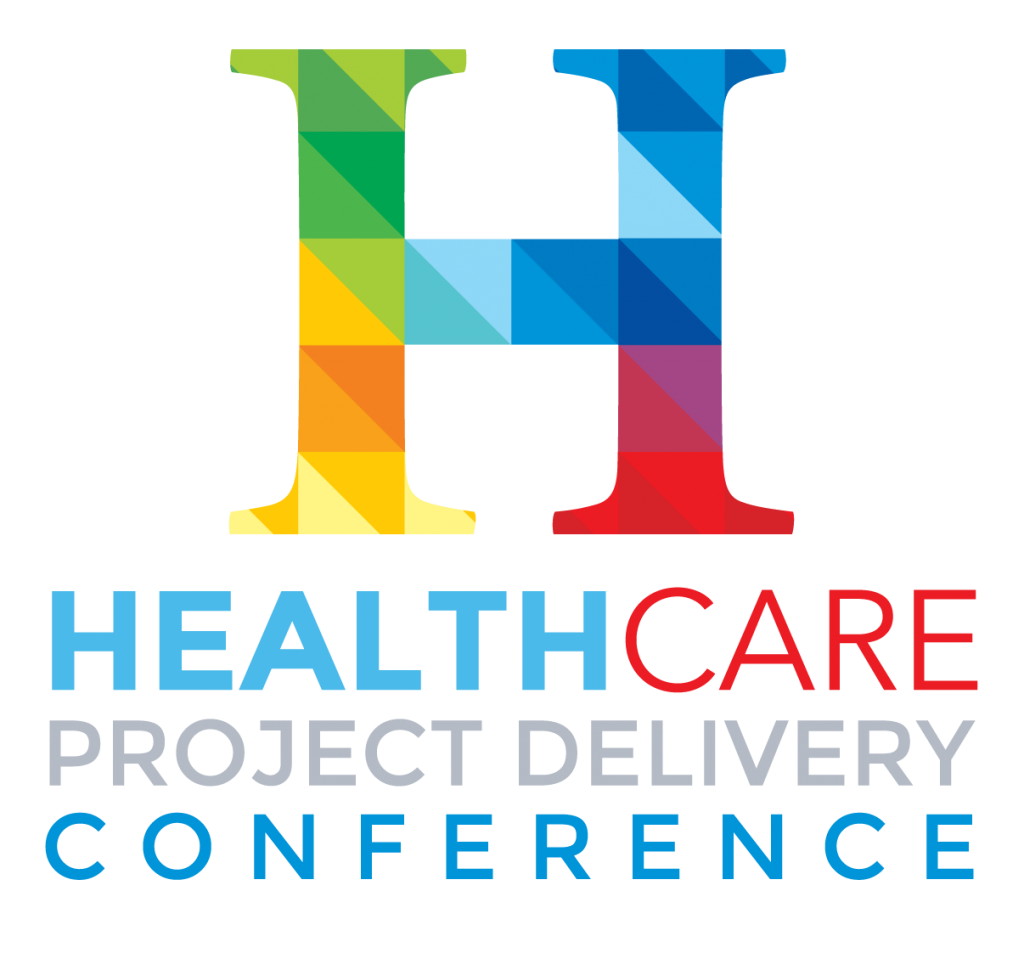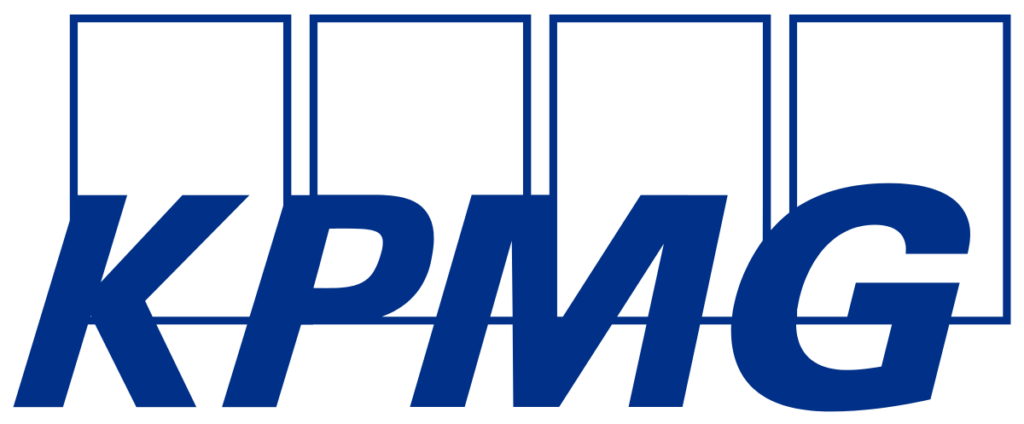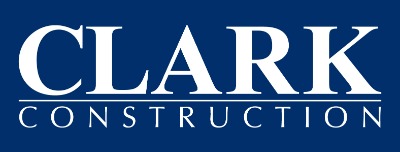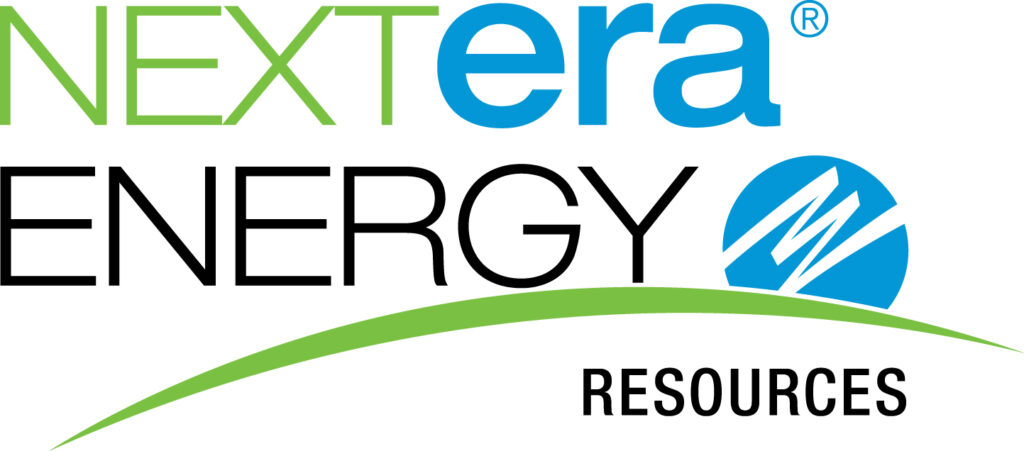
Agenda
Wednesday, February 15
-
4:00 pm — 6:00 pm
Registration Open
Thursday, February 16
-
7:00 am — 5:00 pm
Check-In & Registration
Grand Hall Foyer -
7:30 am — 8:45 am
P3 Bootcamp: Project Delivery (Open to Hospital/Healthcare Project Owners Only l Advanced Registration Recommended)
Grand Hall CHealthcare facility owners and managers: let's talk innovative project delivery. Bring your questions for AIAI's procurement experts as you engage in an interactive discussion on best practices for delivering cost-efficient, budget certain facilities. Topics will include minimizing current budgetary impacts; strategies for identifying and leveraging new revenue streams; and examples of how hospitals are decarbonizing their operations.
Click here to register.
-
7:30 am — 8:30 am
Networking Breakfast
Expo Hall -
8:30 am — 9:15 am
Welcome & Opening Keynote
Grand Hall A -
9:15 am — 10:15 am
Opening Plenary: Progressive Design-Build Strategies in Public Procurement
Grand Hall AThe Design Build procurement methodology has been popular with public owners since the 90's however the approach still weighed heavily on price rather than qualifications of the team in their best value evaluation. While Design Build has been mostly successful with Public entities, the risk in today’s economic climate can weigh quite heavily on consultants and contractors, to the point where they will refrain from submitting a proposal which doesn't benefit the Owner or the project.
Because of these challenges there has been an interest over the past decade in a streamlined approach using Progressive Design Build. PDB simplifies the procurement process through a "progressive procurement and contracting approach" which allows for schedule, price and performance commitments at the stage when the design is sufficiently developed. This reduces the risk for both the Owner and Design Builder and increases the likelihood of a successful project. In addition this delivery method allows the Owner to focus on the qualifications of the team along with providing substantial input into the design with all the stakeholders which benefits the project.
This panel will explore how 3 large Academic Medical Centers (working through the Public Procurement Code) are evolving their own versions of progressive design-build to attract the most qualified consultants and contractors, mitigate uncertainty, and engage teams that are well-equipped to achieve and deliver these complex projects in today’s economic climate.
Moderator:Kelly Olson, Vice President, Strategic Planning & Client Development, Clark ConstructionPanelists:Brian Pratt, Campus Architect & Associate Vice Chancellor, UC IrvineJill Tomczyk, LEED BD+C, Executive Director of Strategic Programs, UC DavisRandy Leopold, Associate Vice Chancellor, Capital Program Management, UC San Diego -
10:15 am — 11:00 am
Designing the Nation’s Largest Progressive Design Build Hospital Project During the Pandemic
Grand Hall APanelist presentation and discussion on the journey underway for the procurement, onboarding and execution of design management of one of the largest healthcare progressive design build projects. Our panel will touch on how the pandemic impacted the selection process, and day to day design management (including dramatic program changes). The team will also discuss the collaboration of the design build team to tackle challenges and mitigate risks within a virtual environment and how the team was able to promote a collaborative environment by changing behaviors within the team and across all stakeholder groups within the UC Davis Health System.
Presenters:Heather Chung, Associate AIA, LEED AP B+C, Vice President | Healthcare Studio Leader, SmithGroupJana Aubert, Program Director, Cambridge CMJill Tomczyk, LEED BD+C, Executive Director of Strategic Programs, UC DavisNaomi Whitesel, LEED AP, Vice President, Integrated Design Delivery, McCarthy -
11:00 am — 11:30 am
Networking Coffee Break
Expo Hall -
11:30 am — 12:30 pm
Innovative Project Delivery: Partnerships to Accelerate Development, Transfer Risks, and Incentivize Innovation
Grand Hall APartnerships with the private sector can take any number of forms and structured to meet your organizations goals and objectives. Whether you’re building a new cancer treatment facility, outpatient treatment facility, laboratory, or other critical asset, partnerships can help to accelerate development and delivery schedules, allocate risks to the parties best suited to manage them, and incentivize creativity and innovation to improve outcomes, reduce costs, etc. This panel will talk through the benefits and considerations of private financing, risk management, payment mechanisms, transaction terms and other issues healthcare infrastructure owners may want to consider prior to entering into a partnership with a third party.
Moderator:Thomas Mulvihill, Managing Director, Head of Infrastructure & P3, KeyBanc Capital MarketsPanelists:Affan Sheikh, Manager, Hayat BrownBrett Munkel, Vice President, University & Healthcare Services, SP+ Parking and TransportationDavid Teed, Managing Partner, Diogenes CapitalMaribel Adydan, Director of Business Development, EngieWilliam Gorham, Vice President, Business Development and Partnering, Plenary Americas -
11:30 am — 12:30 pm
Sustainable Power Solution Considerations in Hospital Design
Grand Hall CThe importance of hospitals having onsite power generation to meet both there energy and sustainability goals easy to appreciate. In this session we will explore the future of onsite baseload generation systems, from alternative fuels to alternative technologies, to power both onsite electric and thermal systems. On-site generation systems including linear generators, combustion turbines and reciprocating generators that can reduce dependence upon the local grid along with off-setting facility thermal loads will be discussed. Our panel discussion will center around system efficiencies, project design and alternative fuels to allow for decarbonization. Panelists will include representatives from the major equipment manufacturers.
-
12:30 pm — 1:30 pm
Networking Lunch
Expo Hall -
1:30 pm — 2:30 pm
Afternoon Plenary: Owners’ Perspective on the State of Healthcare Industry and Impact on Construction
Grand Hall AGlobal pandemic, followed by inflation and fear of recession, has turned an already struggling and strained industry on its head, with potential implications, both positive and negative, on the future of healthcare construction. This session will focus on gaining owners’ perspective on how they plan to navigate their organizations thru this current phase? What are the key areas of concerns or improvements as they plan their next 3-5 yrs.? Have recent events forced a paradigm shift in governance models, capital planning and deployment, risk management, and delivery strategies? Are there any other areas that may need more focus, such as resiliency, ESG, process automation, supply chain, DEI, IoT, SOGR, etc.? What are their lessons learned and key message(s) for other owners and service providers?
Moderator:Cate Singer, Director, KPMGPanelists:Clayton Mitchell, Senior Vice President, Real Estate and Facilities, Thomas Jefferson University HospitalsDoug Carney, Senior Vice President for Real Estate and Facilities, System Chief Facilities Officer, Mount Sinai Health SystemJames Pease, Executive Director - Design & Construction, UCSF HealthVicky Vicente, Executive Director of Project Delivery, Interim Director of Compliance and Campus Architect, UC Davis -
2:30 pm — 3:30 pm
Sutter Santa Rosa Regional Hospital: Culture is the Key to Integrated Project Delivery (IPD)
Grand Hall AThis session is designed to demonstrate how IPD can be implemented to improve the prospects of delivering a project on-time and on-budget. The SSRRH project successfully integrated core elements of IPD including Lean Principles, Respect for People, and Continual Improvement. These elements allowed the project team to collaborate in a dynamic big room and a cluster group process, fostering innovation which led to decisions to stay on schedule. Examples include Negotiated dates for expedited approval with AHJ (Authority Having Jurisdiction), utilizing takt time for a confident/reliable end date and cost tracking reliability tied to the work. The structure ensured that all resources spent added value. The project maintained the original patient schedule, absorbing more than a month of delays with a total savings of $10M. The panelists will share Lessons Learned from the perspective of the owner, architect, and general contractor.
-
2:30 pm — 3:30 pm
How do Public-Private Partnerships Apply to the Healthcare Industry in the US?
Grand Hall CWhat is the review process before starting a P3 project? We'll discuss the elements that must be considered as the public builds out the business case for a P3, and share ways to effectively communicate it to the community at large.
-
3:30 pm — 4:00 pm
Networking Coffee Break
Expo Hall -
4:00 pm — 5:00 pm
Best Practices for Adopting New Technologies for Capital Construction in Healthcare
Grand Hall AThe healthcare industry is perhaps the most innovative industry in the world. New diseases and new public health issues demand it to be so. In recent years the construction industry has become increasingly innovative in order to address its own challenges and to better take advantage of the improvements that new technology offers. In such a critical arena, the need to get it right the first time is amplified.
This panel will address common challenges during the planning, design and construction phases, offer best practices that take advantage of the latest available technologies, and introduce new methods to improve the handover process after commissioning. Topics will include:- What to consider when replacing an actively used yet outdated piece of technology.
- Best practices for rolling out major construction technologies.
- Strategies for consolidation of “point solutions” and the data siloes they create.
- When does it make sense to customize versus configure business process controls?
- What integrations are essential? And what are the best practices for completing software integrations?
- Specifications for proper asset data handover after commissioning a new facility
Moderator:Nicholas Johnson, Chief Evangelist, KahuaPanelists:Brian Ellsworth, Section Head of Construction Management, Mayo ClinicCari Stieglitz, PMP, President, Campos SageRoss Davidson, DBIA, Assoc. AIA, FHFI, Associate Executive Director, Office of Facilities Planning, United States Department of Veterans AffairsSid Shah, President, Onindus -
4:00 pm — 5:00 pm
Limiting the Unknown: Pathways to Building Standardization and Roll-Out
Grand Hall CHealthcare facilities are complex and delivering new ones becomes more challenging as costs rise and code requirements continue to evolve. To exacerbate the challenge, reimbursement for healthcare services rendered is not keeping up with the rise of expenses healthcare operators face and a continued upheaval in the financial markets has increased the cost of borrowing to level that can make investments in new projects a no go. As healthcare operators struggle with this challenging climate, there still exists a need to expand services to new markets and fight off competition in current markets they operate in by adding capacity and increasing access across their service area with the addition of new facilities. While the environment for rolling out new facilities is challenging, healthcare operators can limit the variability and volatility of their capital construction programs through building standardization and roll-out programs. In this session we will cover the following topics:
- Review objectives for building standardization and roll-out programs
- Review opportunities for implementing a design, manufacture and construct approach
- Profile healthcare operators who have a program in place and/or preparing to launch one
- Review future opportunities for such programs and how they can limit the unknown
-
5:00 pm — 6:30 pm
Networking Reception
Expo HallAn evening reception before you head out for dinner. Please join us for this special networking event for all attendees.
Friday, February 17
-
7:00 am — 2:00 pm
Registration Open
Grand Hall Foyer -
7:30 am — 8:15 am
Networking Breakfast
Expo Hall -
8:15 am — 9:00 am
Morning Plenary: Delivering Healthcare Facilities in Underserved Communities
Grand Hall AWhile inequality has been a pervasive issue over the past decade, the COVID-19 pandemic exposed the inequities present within our nation’s healthcare system. It has had an outsized impact on underserved communities largely comprised of people of color. Hospitals in urban and rural areas – in partnership with local municipalities – are rethinking how they deliver healthcare in an equitable manner through modernized facilities. They are also broadening their impact by intentionally investing in, and hiring from, their local communities. Join a panel that includes leaders from municipal government and healthcare, representatives from a healthcare consortium, designers of healthcare facilities, and real estate transaction advisors who are all working on projects that will support the delivery of healthcare in a more equitable manner.
Moderator:Affan Sheikh, Manager, Hayat BrownPanelists:Benjamin Stutz, Director of New Hospital and Health System Development, District of ColumbiaDavid Zuckerman, President & Founder, Healthcare Anchor NetworkJohn Yamamoto, Vice President, Community Health, Government Relations & Community Engagement, Kaiser Permanente, Southern CaliforniaMorina Peterson, AIA, NOMA, LEED AP, Healthcare Project Manager, HDR -
9:00 am — 10:00 am
Sustainability and the Value of O&M in the DBFOM model
Grand Hall AP3 drives innovation and transform the delivery of energy, impacting operations, addressing sustainability initiatives and supply. P3s are a valuable tool as administrators and facility managers are charged with modernizing energy delivery and management at healthcare facilities. Join this session to gain an understanding of the Impact of O & M in a DBFOM model and how sustainable solutions begin with innovative ideas.
-
9:00 am — 10:00 am
Behavioral Health Construction – Designing and Building for Current Community Needs and Future Demands
Grand Hall CUnderstanding the shift in design and construction to show the importance of “whole health”, which now more than ever, includes behavioral and mental health. We know that throughout the nation there is a high demand for behavioral and mental health-related services that are being unmet in many counties. There are groundbreaking projects that are making wrap around care accessible to vulnerable populations. Let’s explore those projects, proven collaborative models and the future of behavioral health design and delivery.
Moderator:Sarah Bjorkman MBA, PMP, Executive Director - Healthcare, Kitchell CEMPanelists:David Hunt, Healthcare Practice Leader, CannonDesignJim Day, Senior Vice President, Clark ConstructionMatthew Slater, Administrative Director Psychiatry, UC San Diego HealthRosie Zoll, Director of Planning, Be Well OC -
10:00 am — 11:00 am
Demystifying the Integrated Form of Agreement
Grand Hall AOne of the most difficult decisions for Owner Organizations to make is to take the plunge into a full Integrated Project Delivery (IPD) contracting method using the Integrated Form of Agreement (IFOA). The IFOA is not like other contracts that Owners are used to issuing to their design and contractor partners. The terms and conditions of the IFOA are not familiar and therefore seem overwhelming and daunting. Also, legal representatives within Owner Organizations may not be well versed with these contract terms, which causes uncertainty within the organization and the possibility this contract will not be used even if it is the correct contract for the project. This presentation will break down the IFOA and explain how the contract terms are set up for ultimate team success. The presenter will demonstrate how the IFOA lowers project risk rather than raise project risk, which is often a misconception. Common terms and definitions will be described in detail with examples from actual executed contracts. The different versions of the IFOA (ConsensusDocs, AIA, Sutter Health) will be explained and compared to indicate the minor differences between the most common IFOAs used. The Risk/Reward structure will be broken down into a step-by-step example to show how each organization is incentivized under this contract method. Lastly, the presenter will offer advice on how to get started with an IFOA in your organization and where to go for help if needed. All of the above is created in an effort to demystify the IFOA and allow it to become one of the go-to contracts in the construction industry.
-
10:00 am — 11:00 am
Royal Inland Hospital – Not your Average P3
Grand Hall CRising in the hills of Kamloops, British Columbia, construction of Phil & Jennie Gaglardi Tower at the Royal Inland Hospital overcame challenges presented by the COVID-19 pandemic, unprecedented atmospheric river weather events, and extreme wildfires to reach Service Commencement as originally scheduled and budgeted. Accomplished through a P3 model containing several innovative elements, the project’s success is a testament to the delivery model and resulting partnership between Interior Health, Infrastructure BC, and EllisDon Infrastructure Healthcare. This panel explores why the P3 model was selected for this project and the elements contributing to its overall success.
Moderator:Nathan Salomon, Project Director, Infrastructure BCPanelists:Ben Deeley, Vice President, EllisDon CapitalDavid McFarlane, Senior Vice President, Western Canada, EllisDon CorporationJeff Good, Vice President Health and Social Infrastructure, Infrastructure BCNed Flynn, Vice President, EllisDon Facilities Services -
11:00 am — 11:30 am
Networking Coffee Break
Expo Hall -
11:30 am — 12:30 pm
California Hospitals: Seismic Structural Performance Categories, Process and Project Delivery
Grand Hall ASeismic code requirements apply to all buildings in California but are particularly stringent and a matter of grave concern for healthcare organizations as they must comply with the state’s Hospital Seismic Retrofit Program by Jan. 1, 2030. This panel discussion with a healthcare organization owner, structural and mechanical designers, architect, and general contractor, will provide a high-level overview of California’s Hospital Seismic Retrofit Program and its requirements. The panel will explicate the process of structural and non-structural seismic evaluation and retrofit; owner, architectural and contracting challenges, reasons for acting soon, and guidance on the least onerous and most economical retrofit options for many of the hospitals that have yet to achieve compliance.
Moderator:Eric Glatzl, P.E., LEED AP, Project Executive, IMEG Corp.Panelists:Edwin Najarian, P.E., S.E., Senior Principal, Client Executive, IMEG Corp.Greg Miles, President, Miles & Kelley ConstructionKirk Rose, AIA, DBIA, Healthcare Practice Leader, HMC ArchitectsMichael Vestino, Vice President, Pomona Valley Hospital Medical CenterYork Davenport, Operations Manager & Master Planning, Pomona Valley Hospital Medical Center -
11:30 am — 12:30 pm
Delivering the VA’s First P3 Projects
Grand Hall CThis session examines how private-healthcare design processes can influence the direction of VA medical projects. Presenters will illuminate processes and outcomes from two trailblazing projects: the VA Ambulatory Care Center project in Omaha, Nebraska, which opened in mid-2020, and the VA Hospital in Tulsa, scheduled to open in late 2024.
In both cases, the benefactor prescribed innovative delivery, which compelled congress to pass the CHIP-IN for Veterans Act of 2016. It paved the way for VA hospitals to take advantage of the technical and economic innovations commonly used in private-sector projects, including performance specifications, modern QA/QC processes, and strategic partnerships such as P3s.
In Tulsa, creative adaptive re-use design of former office buildings will house a 58-bed acute care hospital. A similar but different approach was used for VA Omaha’s Ambulatory Care Center addition. Both projects are saving the Government time and money bringing critical facilities on-line to serve Veterans in the region.
These new facilities fulfill a grateful nation’s and the VA’s commitment “to care for him who shall have borne the battle” (Abraham Lincoln’s second inaugural, 1865) and more importantly, the faithful communities’ pledge to overcome obstacles that might have impeded that commitment.
Moderator:Joshua Theodore, Vice President Global Health, LEO A DALYPanelists:Dan Therrien, Director of Facilities Planning, United States Department of Veterans AffairsKim Cowman, National Director of Engineering, LEO A DALYRoss Davidson, DBIA, Assoc. AIA, FHFI, Associate Executive Director, Office of Facilities Planning, United States Department of Veterans Affairs -
12:30 pm — 2:00 pm
Health Officials' Closing Conversation & Lunch
Grand Hall AThe healthcare industry is highly regulated and state officials often play an important role in what facilities are built. The primary objective of state health officials is to shape positive outcomes for its citizens, especially those that are at-risk. This panel will discuss the role these officials play in planning infrastructure of the future. It will explore how design of these facilities will need to change to adapt to future diverse populations, demographic shifts, healthcare technology and always rising costs. The solutions are not simple but health infrastructure facilities are the foundation on which a good health system is built ensuring that health delivery maintains the highest standards, provides access to the most vulnerable populations and attracts more professionals to the healthcare work force. These experienced state officials will provide insights into the future of healthcare facilities.
-
2:00 pm
Conference Ends
We look forward to seeing you at the 2024 Conference!
Stay Informed
Stay up-to-date on industry news, event information, and latest program developments.




